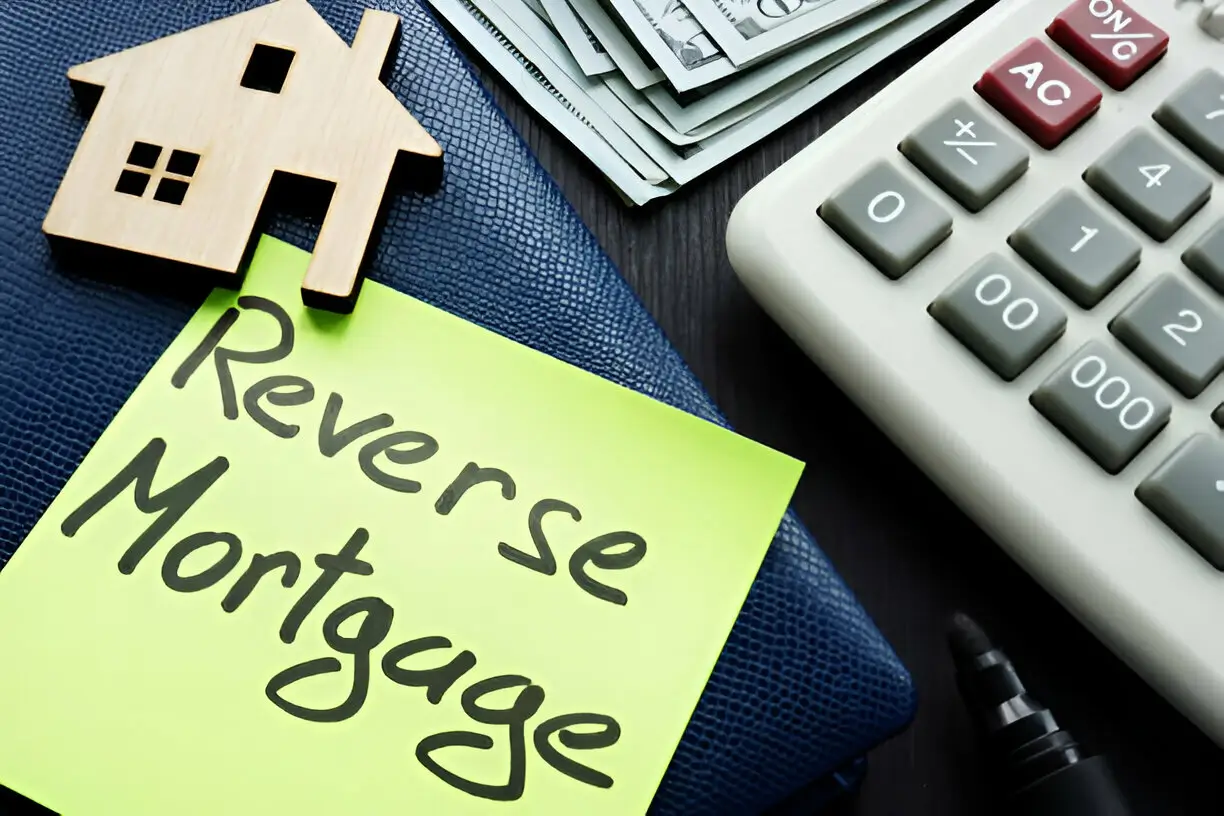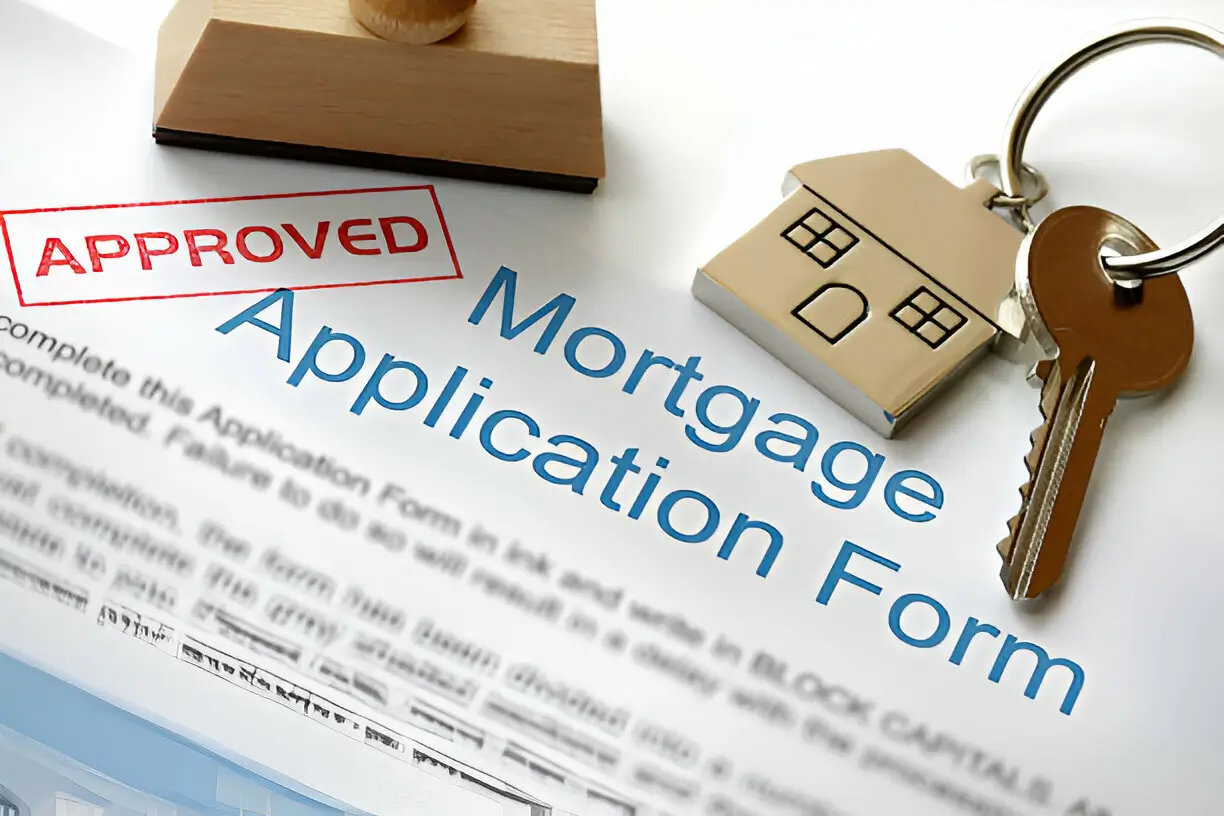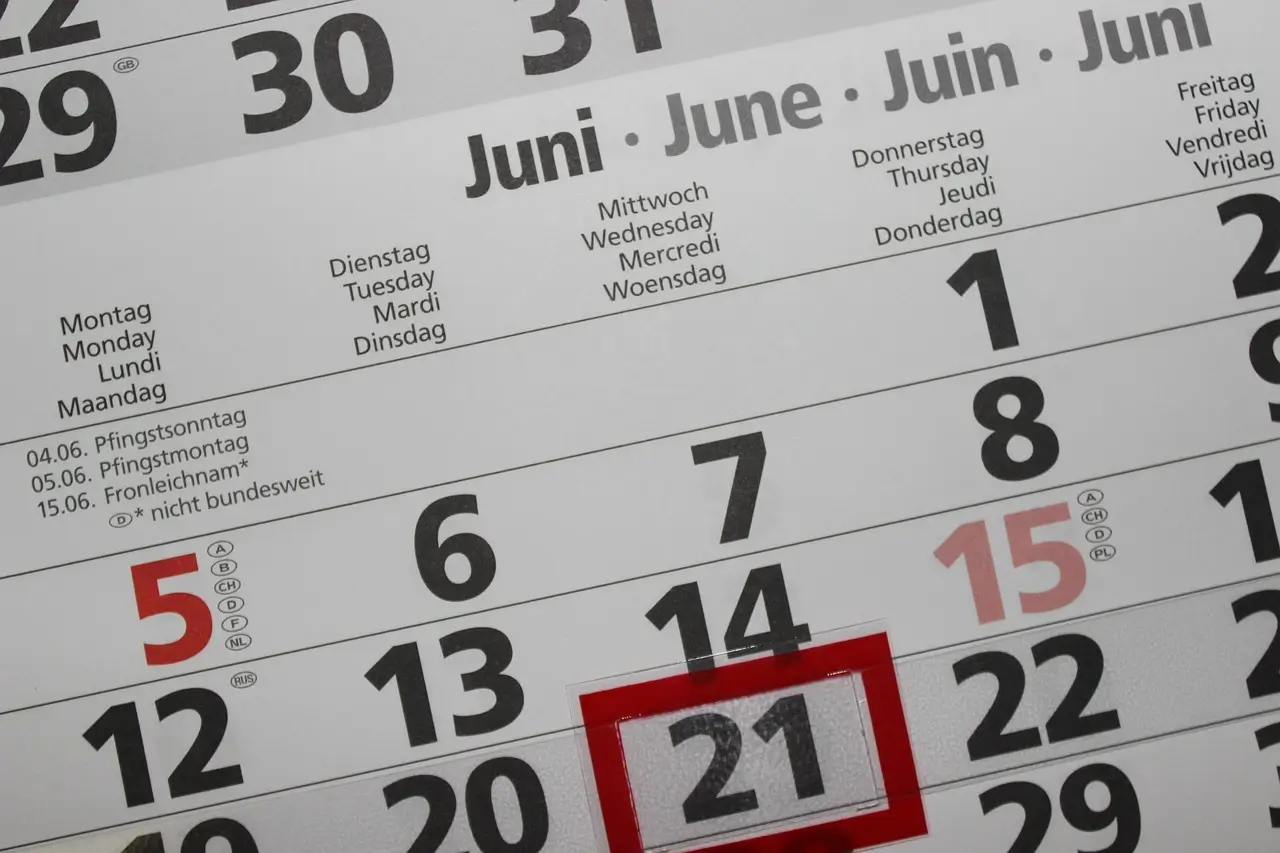Mortgage. Just hearing the word can make some folks sweat. But what if understanding it was simpler than you thought? In this guide, we’re breaking down mortgages into bite-sized chunks, so you’ll know exactly what’s what. Ready to turn confusion into clarity? Let’s dive in!
Understanding the Basics: What Is a Mortgage
A mortgage is a loan used to purchase real estate, where the property itself serves as collateral. Imagine wanting to buy a house but not having enough cash upfront. That’s where a mortgage comes in. A lender gives you the money needed to buy the property, and in return, you agree to pay back the loan over time, with interest. It’s a way to own a home without needing all the money right away.
How Mortgages Work
When you take out a mortgage, you sign a legal agreement with the lender. This agreement details how much you’re borrowing, the interest rate, the length of time you have to repay the loan, and the schedule of payments. Typically, these loans are repaid in monthly installments over 15 to 30 years. Each payment you make is split between paying off the principal (the amount you borrowed) and the interest (the cost of borrowing the money).
Types of Mortgages
There are several types of mortgages, each designed to suit different needs and financial situations.
Fixed-Rate Mortgages
With a fixed-rate mortgage, your interest rate stays the same throughout the life of the loan. This means your monthly payments will remain consistent, making it easier to budget. Fixed-rate mortgages are a popular choice for those who plan to stay in their homes for a long time.
Adjustable-Rate Mortgages (ARMs)
ARMs have interest rates that can change periodically. Usually, they start with a lower rate for an initial period, then adjust annually based on market conditions. This can make ARMs more affordable at first, but there’s a risk of higher payments if interest rates go up.
FHA Loans
These are government-backed loans designed to help first-time homebuyers and those with lower credit scores. FHA loans often require smaller down payments and are more forgiving of credit issues. However, they also come with mortgage insurance premiums, which can increase your overall cost.
VA Loans
Available to veterans, active-duty service members, and their families, VA loans offer numerous benefits, including no down payment and no private mortgage insurance (PMI). These loans are a great option for those who qualify, providing favorable terms and lower costs.
Jumbo Loans
For those buying high-priced or luxury homes, jumbo loans are necessary. These loans exceed the conforming loan limits set by Fannie Mae and Freddie Mac. Because they are riskier for lenders, jumbo loans often come with stricter credit requirements and higher interest rates.
The Mortgage Application Process
Applying for a mortgage involves several steps.
Pre-Approval
Before you start house hunting, getting pre-approved can give you an edge. A pre-approval means a lender has evaluated your financial situation and determined how much they’re willing to lend you. This can help you shop within your budget and show sellers that you’re a serious buyer.
Choosing a Lender
Not all lenders are the same. It’s essential to shop around, compare rates, and read reviews. Consider working with a mortgage broker who can help you find the best deal from a range of lenders.
Application Submission
Once you’ve chosen a lender, you’ll need to complete a detailed application. This includes providing information about your income, employment, assets, debts, and the property you wish to buy. Be prepared to submit documentation like tax returns, pay stubs, and bank statements.
Underwriting
After you submit your application, the lender’s underwriting team will review your financial details to assess your creditworthiness. They’ll check your credit score, verify your income, and evaluate the property’s value through an appraisal.
This process can take a few weeks.
Closing
If your loan is approved, you’ll move to the closing stage. This is where you sign all the final paperwork, pay any closing costs, and officially take ownership of the property. Congratulations, you’re now a homeowner!
Key Mortgage Terms to Know
Understanding common mortgage terminology can make the process less daunting.
Principal
The principal is the amount of money you borrow. For example, if you take out a $200,000 mortgage, the principal is $200,000.
Interest
Interest is the cost of borrowing money, expressed as a percentage of the principal. If your mortgage has a 4% interest rate, that’s the annual cost you pay for the loan.
Amortization
Amortization is the process of paying off a loan over time through regular payments. Each payment reduces the principal and covers the interest.
Escrow
An escrow account is set up by the lender to pay property taxes and insurance on your behalf. Part of your monthly mortgage payment goes into this account.
Private Mortgage Insurance (PMI)
If your down payment is less than 20%, you may be required to pay PMI. This insurance protects the lender in case you default on the loan. PMI can be removed once you build enough equity in your home.
Why Mortgages Matter
Mortgages play a crucial role in the economy and in individual lives. For many, a mortgage is the only way to afford a home. Homeownership can build wealth over time, provide stability, and offer a sense of accomplishment. On a larger scale, mortgages fuel the real estate market and the broader economy, driving growth and development.
Common Mortgage Mistakes to Avoid
Navigating the mortgage process can be tricky, and mistakes can be costly.
Not Shopping Around
Don’t settle for the first mortgage offer you receive. Different lenders offer different rates and terms, so it’s essential to compare.
Ignoring Your Credit Score
Your credit score significantly impacts your mortgage rate. Check your score before applying and take steps to improve it if necessary.
Overlooking Additional Costs
Beyond the principal and interest, homeownership comes with other expenses like property taxes, insurance, and maintenance. Make sure you budget for these.
Choosing the Wrong Type of Mortgage
What works for one person may not work for another. Consider your financial situation, how long you plan to stay in the home, and your risk tolerance when choosing a mortgage type.
Real-Life Example: A Tale of Two Mortgages
Let’s look at two fictional families to illustrate how different mortgages can affect your financial life.
The Smiths
The Smiths opt for a 30-year fixed-rate mortgage at 4%. Their monthly payment is predictable, and they enjoy the stability of knowing it won’t change. Over time, as they pay down the principal, they build equity in their home.
The Johnsons
The Johnsons choose a 5/1 ARM, starting at 3%. Their initial payments are lower, which helps them save money in the short term. However, after five years, their rate adjusts, and their payments increase. If interest rates rise significantly, they could face financial strain.
Tips for Managing Your Mortgage
Once you’ve secured a mortgage, managing it wisely is crucial.
Make Extra Payments
Paying a little extra each month can reduce the principal faster and save on interest.
Keep an Emergency Fund
Unexpected expenses can arise. Having savings set aside ensures you can cover your mortgage even in tough times.
Review Your Mortgage Annually
Interest rates and financial situations change. Regularly review your mortgage to see if refinancing could save you money.
The Future of Mortgages
The mortgage industry is always evolving. Technology is making the application process faster and more efficient.Online platforms and digital tools are providing more transparency and options for borrowers. As markets change, new mortgage products are emerging to meet the needs of different buyers. Staying informed and adaptable is key to navigating these changes.
FAQs
What Is a Mortgage?
A mortgage is a loan used to purchase property, where the property itself serves as collateral.
How Do Fixed-Rate and Adjustable-Rate Mortgages Differ?
Fixed-rate mortgages have consistent interest rates and payments, while adjustable-rate mortgages can change over time based on market conditions.
What Is Private Mortgage Insurance (PMI)?
PMI is insurance required if your down payment is less than 20%, protecting the lender if you default on the loan.
How Can I Improve My Chances of Getting a Mortgage?
Improve your credit score, save for a larger down payment, reduce debt, and provide thorough documentation during the application process.
Should I Get Pre-Approved for a Mortgage?
Yes, pre-approval helps you understand your budget and shows sellers you are a serious buyer.






